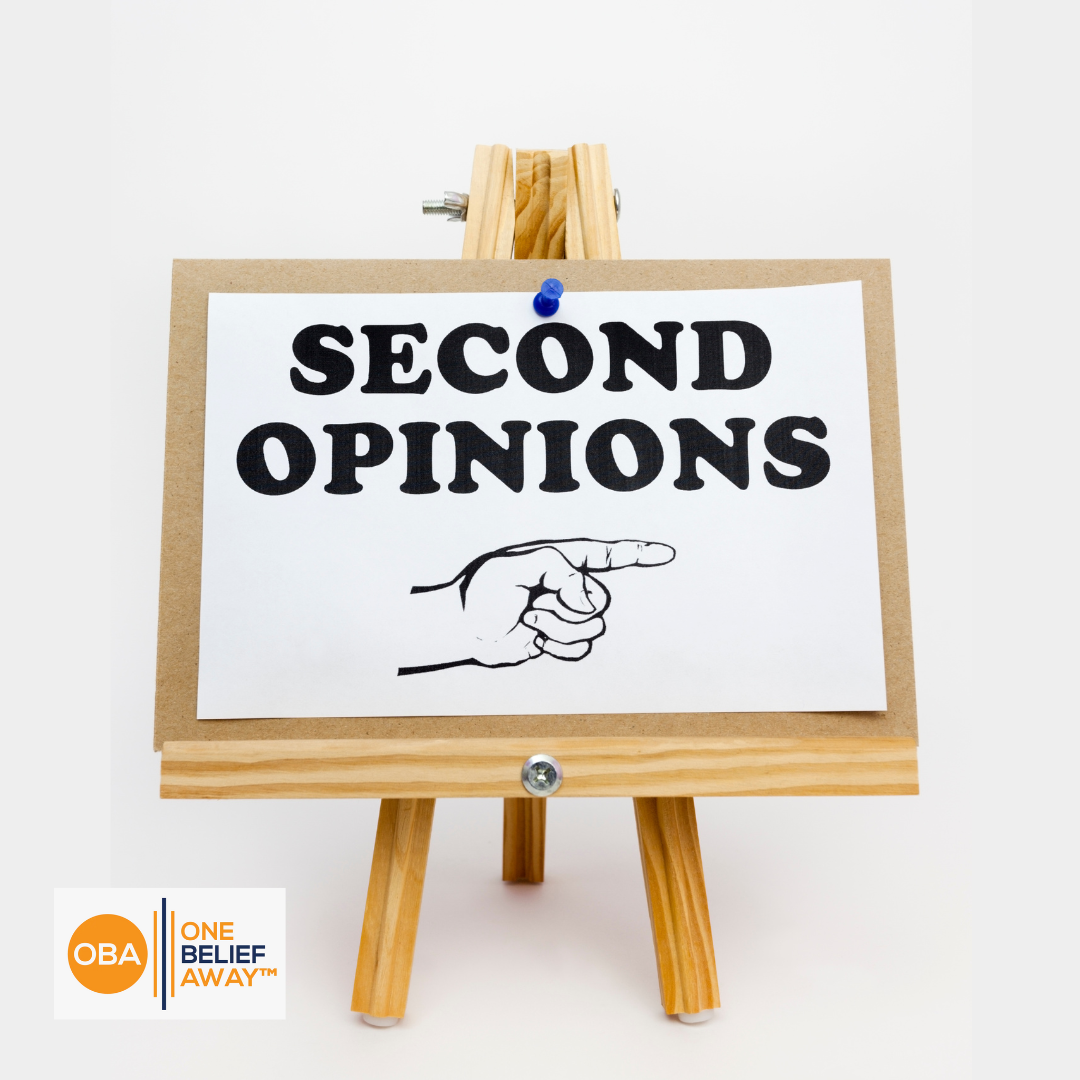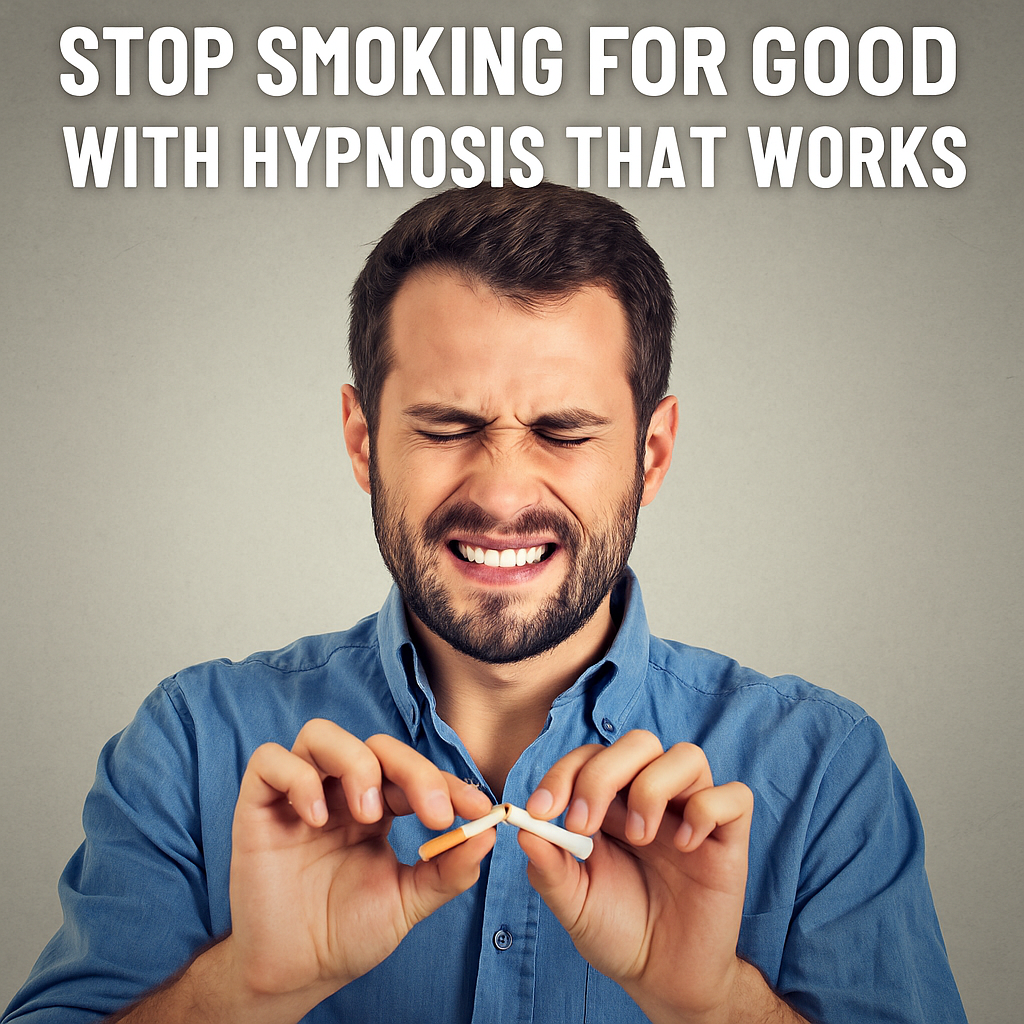Healthy Skepticism Is Wise In A World Full Of Bad Advice
Knock-knock-knock-knock-knock…
That was the sound the engine in my car made as I completed my road trip from Los Angeles to Orlando.
Before making the 3,000-mile journey, I went to a Jiffy Lube in California to get my oil changed and was concerned that perhaps they hadn’t added enough oil as the knocking sounded like a piston.
So I took the car to a local Jiffy Lube in Orlando and met with a mechanic who confidently explained how he was different from an oil technician.
Then he popped the hood of my car, put his ear to the engine, and said, “I think you’ve got a timing chain problem and that’s going to run you about $1700 to fix it.” Then he asked, “What kind of oil do you have in here?” I replied, “Semi-synthetic.”
The mechanic said, “That might be the issue because you should only use full synthetic oil or you’ll keep having problems like this.” Suddenly, I felt like I had done something wrong, even though the dealership I purchased the car from said that semi-synthetic oil was best.
My Lincoln only has 30,000 miles on it. Thus, so if this was a mechanical issue it should be under warranty. So I located a Lincoln dealership and after their inspection, they said, “Your timing chain is fine. There is a crack in a plate between the engine and transmission that needs replacing and it will be covered under the warranty.
Then I asked, “What type of oil should I use in this vehicle?” The head mechanic replied, “A synthetic blend (semi-synthetic). I would not use full synthetic.”
The moral of this story is to always get a second opinion when there is a lot on the line. Also, just because someone speaks confidently about an issue, it doesn’t mean they are right.

If I listened to that mechanic at Jiffy Lube, it would have cost me $17oo for him to fix the wrong issue, leading to more unnecessary problems.
Instead, I went to someone who specializes in what I needed help with and we got it done right. It’s wise to have a bit of healthy skepticism in a world full of bad advice. On the other hand, after you’ve done your research you’ll need to make a decision and commit to taking some course of action or you’ll never get to your desired solution.
In my line of work, I speak to people on the telephone daily who are struggling with some type of emotional or behavioral problem. Those who have done their research before calling ask better questions, move forward with my programs and get their desired solutions. Their reward is a significant increase in quality of life.
Others call up not having looked at my website or even knowing what they want. They ask very few questions and seem to be watching for evidence that this approach wouldn’t work for them anyway.
They say, “I’ll think about it and get back to you” and then continue going in circles. Their reward is more needless emotional suffering because they didn’t do their due diligence or take decisive action.
This week, make sure you are reaching out for the support you need, talk to people who specialize in what you specifically need help with, and then be intentional about taking action and attaining your outcome.
Whatever you want IS possible. Apply what you’ve learned here and you’ll soon discover this for yourself.
 Tim Shurr
Tim Shurr
*If you’re a therapist, life coach, or healer and need a second opinion (or a first) on the best way to grow your private practice, schedule a call with me here: https://TimShurr.as.me/discoverycall
*If you’re ready to escape the anxiety and trauma that has been holding you back, schedule a free hypnosis telephone consultation: https://timshurr.as.me/hypnosis
The post Healthy Skepticism Is Wise In A World Full Of Bad Advice first appeared on Indy Hypnosis Center.



